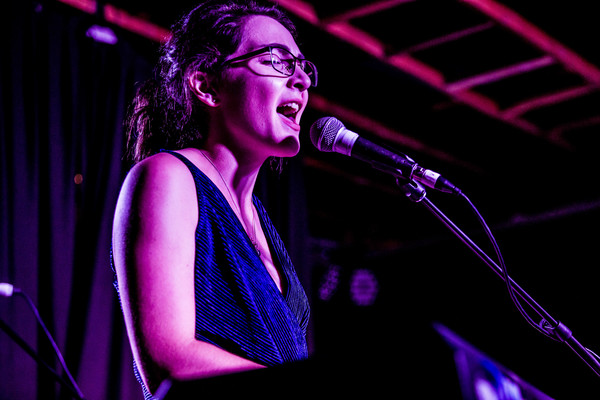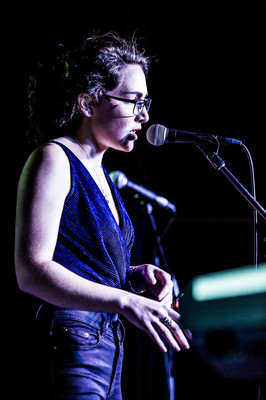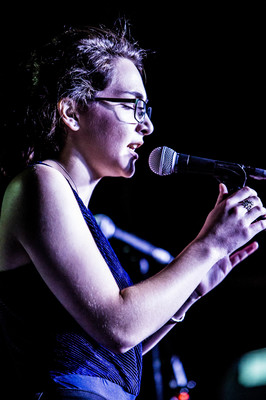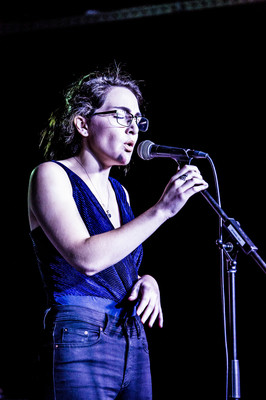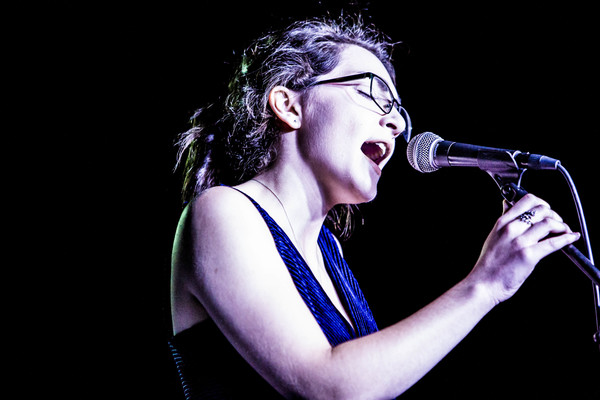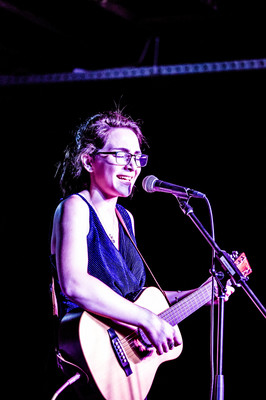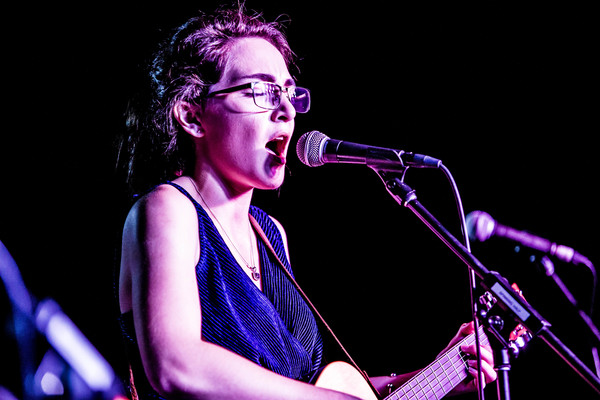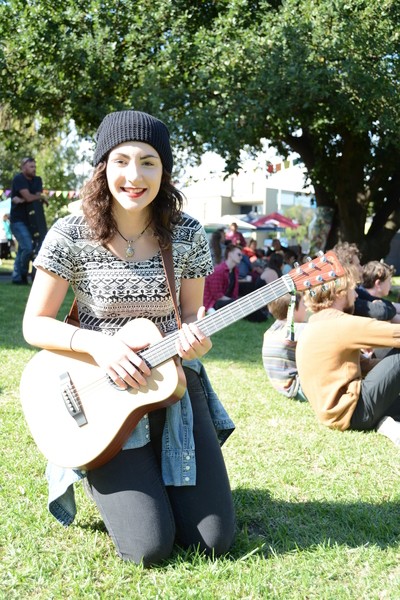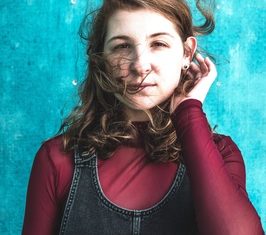Words: Luke Voogt
Highton songstress Isabella Khalife started singing as soon as she could talk.
“I loved singing when I was little and I think my voice just developed naturally though my childhood,” the 20-year-old says.
But she only started performing “seriously” during Year 9, after an older student walked in on her singing in her school’s music room.
“(He) asked me if I’d help him perform a song he’d written especially for (an Anzac Day) ceremony,” she says.
So Isabella made the “scary decision” to sing in front of the whole school.
“The funniest thing was people’s reactions,” she says.
“I didn’t realise how many minds I’d blown because everyone knew me as a super-shy person.
“As soon as the assembly ended I had people running up to compliment me, which continued for the whole day.”
Isabella chased her musical dreams with newfound confidence, and a few singing lessons, performing at open mic gigs and events like Pako Festa.
“I love being able to bring a full room to silence when I perform – it’s both nerve-wracking and really exciting knowing everyone has been drawn in to the song I’m playing.
“I’m definitely not a naturally-confident person … but when it comes to performing a song, the nerves disappear.”
Isabella released her soulful, self-titled debut EP in 2016. Her favourite song, Monster, explores her fight with mental illness.
“I also hoped it would explain what mental illnesses can feel like to the people who don’t experience it themselves.”
She has written another two songs this year and hopes to record a second EP.
“When I first started, I was only performing covers as I was clueless when it came to songwriting,” she says.
“Now I like to experiment as much as possible when it comes to writing and arranging songs.”
A skilled guitarist and pianist, Isabella dreams of a duet with Ed Sheeran and making a living out of music.
“Having a job that I love is the most important thing to me.”
But finding paid gigs can be tough for young artists, Isabella says.
“There are a lot of venues who believe that being paid in exposure is acceptable, but for an artist wanting to develop and build their career, this is not enough.”


